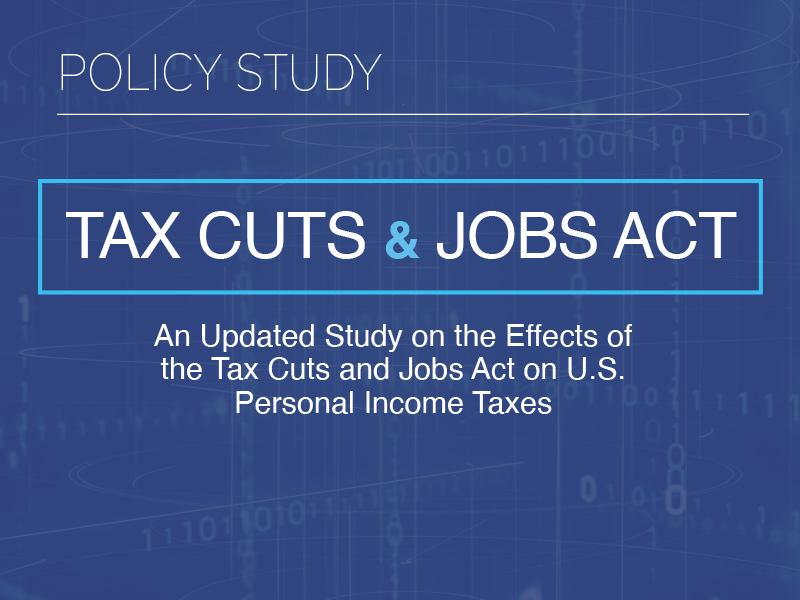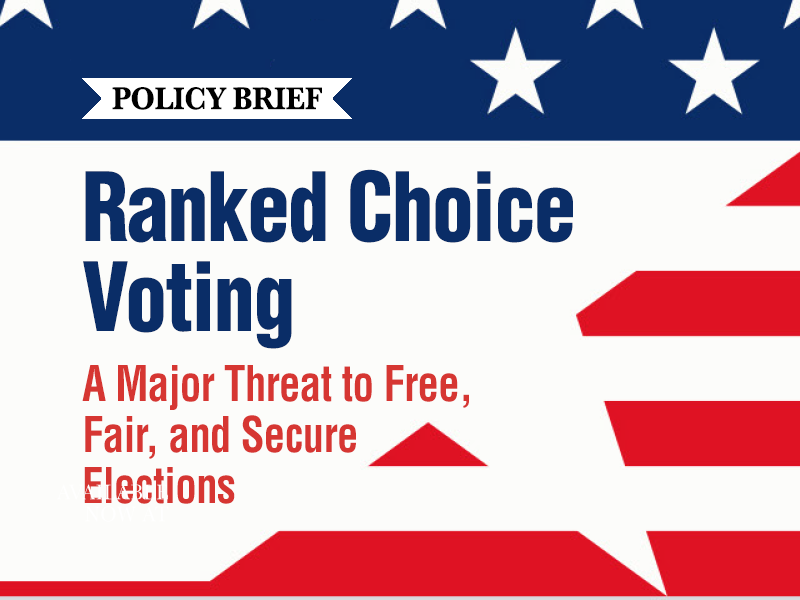The Parent Trigger is an innovation in education reform recently passed into law in California. Briefly put, if half the parents whose children attend a failing public school sign a petition requesting reform of the school, the school must either shut down, become a charter school, or undergo one of two other types of reform.
The Parent Trigger concept is the creation of the Los Angeles Parents Union, a group of self-described progressives led by Ben Austin, a Democrat whose previous employers include President Bill Clinton, Los Angeles Mayor Richard Riordan, and Hollywood director-turned-political-activist Rob Reiner. Austin was also a consultant to Green Dot Charter Schools, a Los Angeles-based nonprofit charter school chain that has taken over several failed public schools, including the notorious Locke High School in South Los Angeles, near Watts. In March 2010, Gov. Arnold Schwarzenegger (R) appointed Austin to a four-year term on the state’s 11-member board of education.
The Parent Trigger passed by just one vote in the California Senate and one vote in the Assembly. Schwarzenegger signed it into law on January 7, 2010 as part of a package of special legislation designed to improve California’s prospects in the first round of the federal Race to the Top grant competition.
While California didn’t make the cut in Race to the Top, the Parent Trigger is currently the law in the Golden State. According to the Web site of the Los Angeles Parents Union (www.parentrevolution.org), five schools currently have petition drives underway to transform their schools. These parents are moving forward on the Parent Trigger absent legal clarity, an indication of the demand for reform. At least one other state – Connecticut – is considering similar legislation. (Connecticut passed a wide-ranging education reform bill in May, but the final compromise legislation did not include a Parent Trigger provision.)
The Parent Trigger is unique. Unlike most reform proposals based on empowering parents, the Parent Trigger originates from activists on the political left, not from the center-right coalition. This pedigree creates an opportunity for building a successful coalition that can advance reform. Conservatives and libertarians should support the Parent Trigger because it could allow parents to choose charters or even vouchers (in the version described later in this paper); liberals and progressives should support it because it empowers low-income and minority parents to control the reform path their schools follow.
The Parent Trigger idea is also sufficiently malleable to accommodate different political realities in cities and states across the country. In California and in proposed legislation in Connecticut, regulations would empower school districts to veto efforts by parents, and two of the four options seem tailored to the needs of bureaucracies more than children. More reform-minded states such as Indiana, Michigan, and Minnesota might choose to reject those regulations and replace the weakest reform options with something much stronger, such as vouchers.
The Parent Trigger has the potential to turbo-charge the transformation of education in every state by bringing grassroots “regime change” to public education. Is the Parent Trigger right for your state? This policy brief explains the promise and possible pitfalls of the Parent Trigger.






